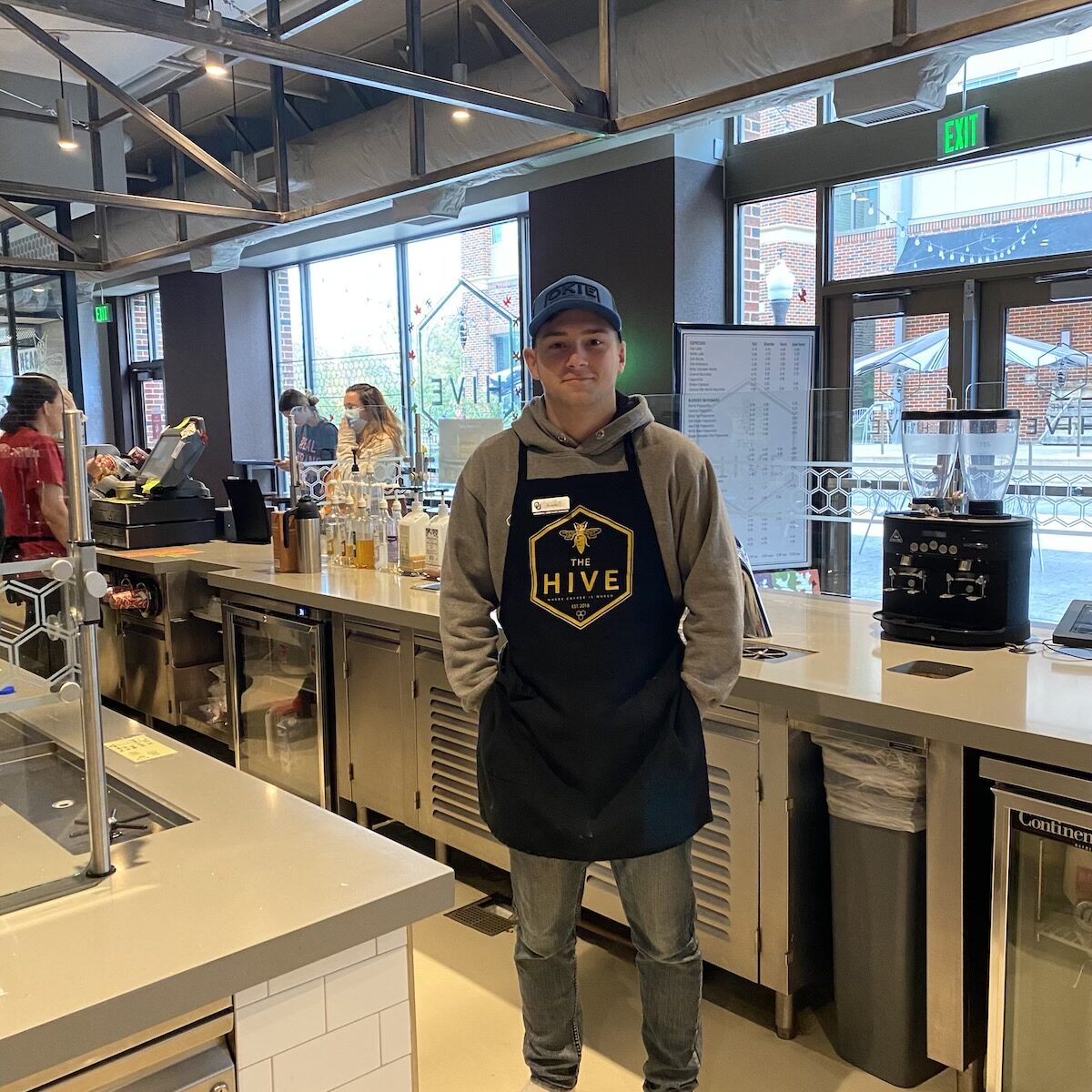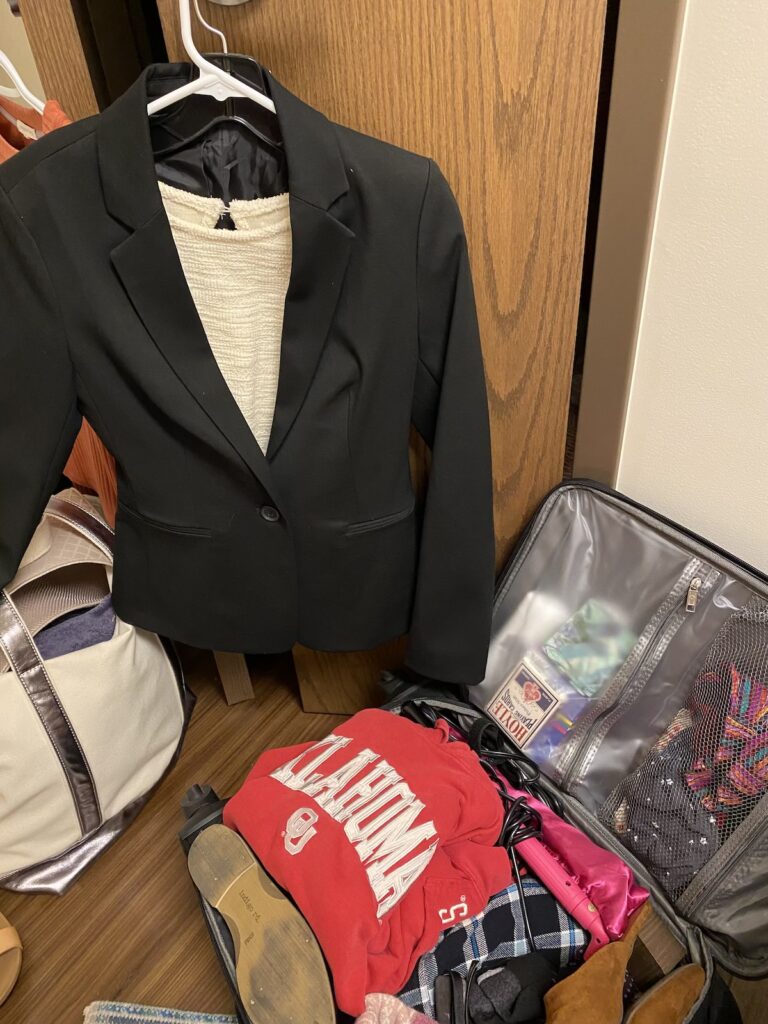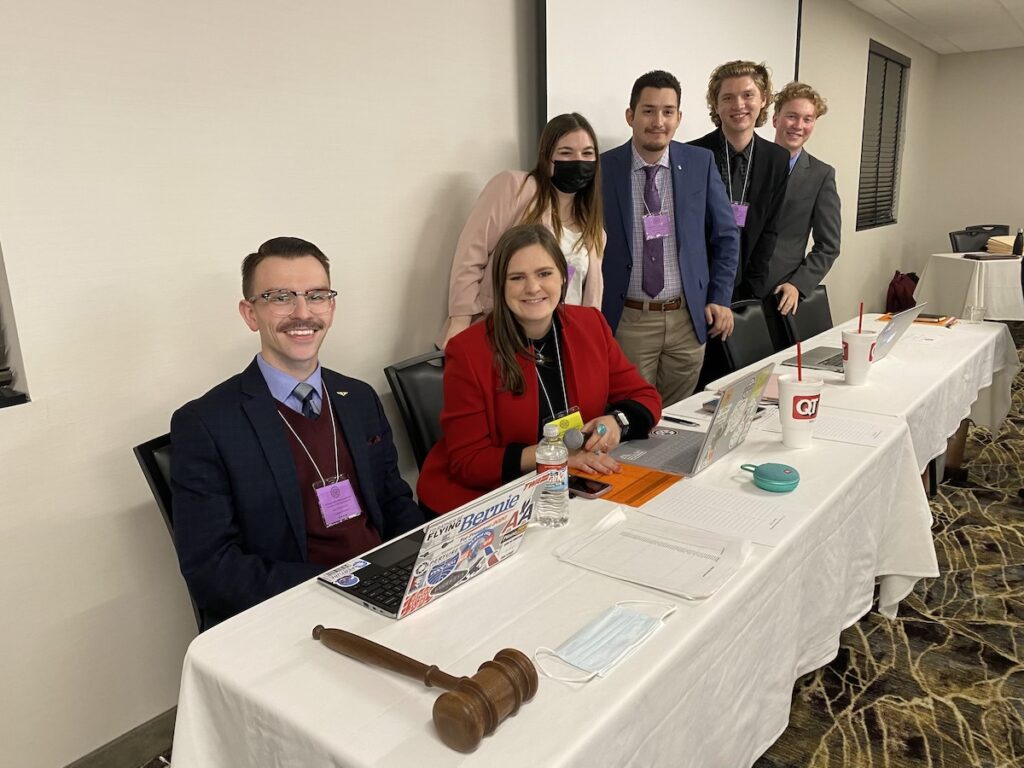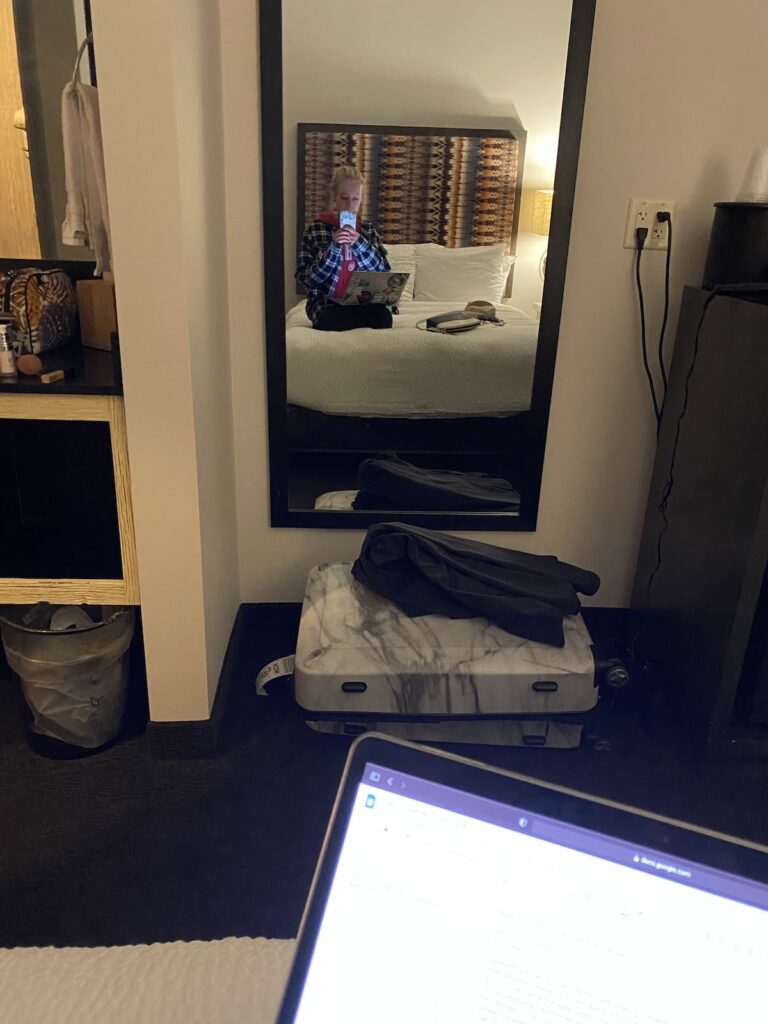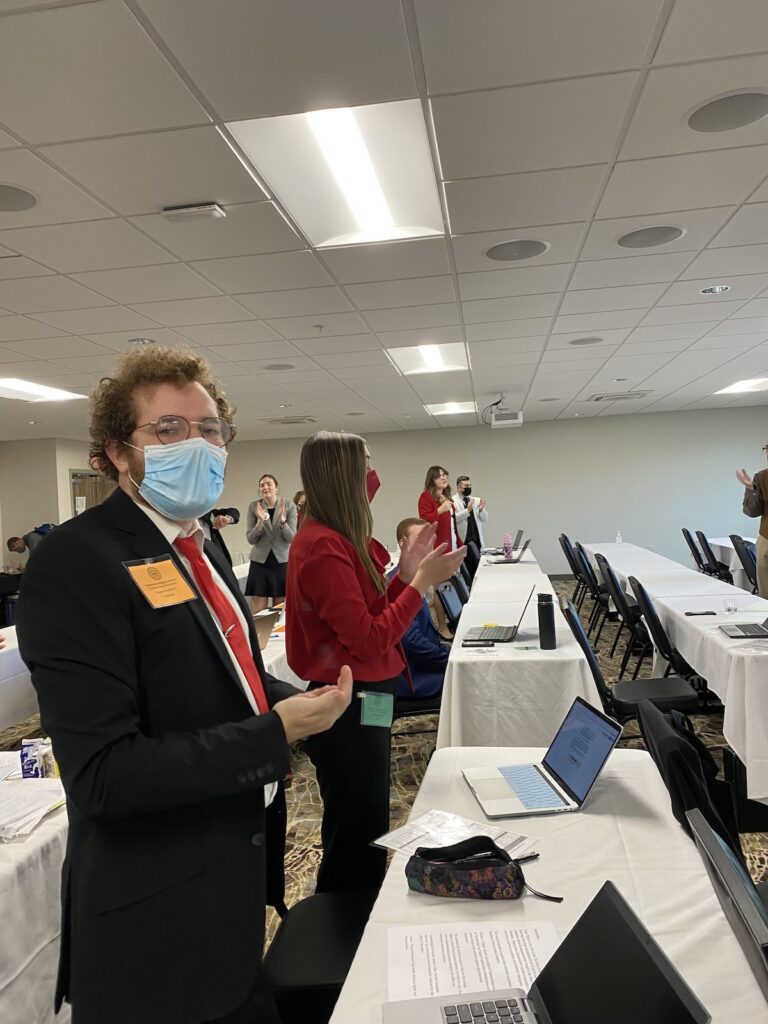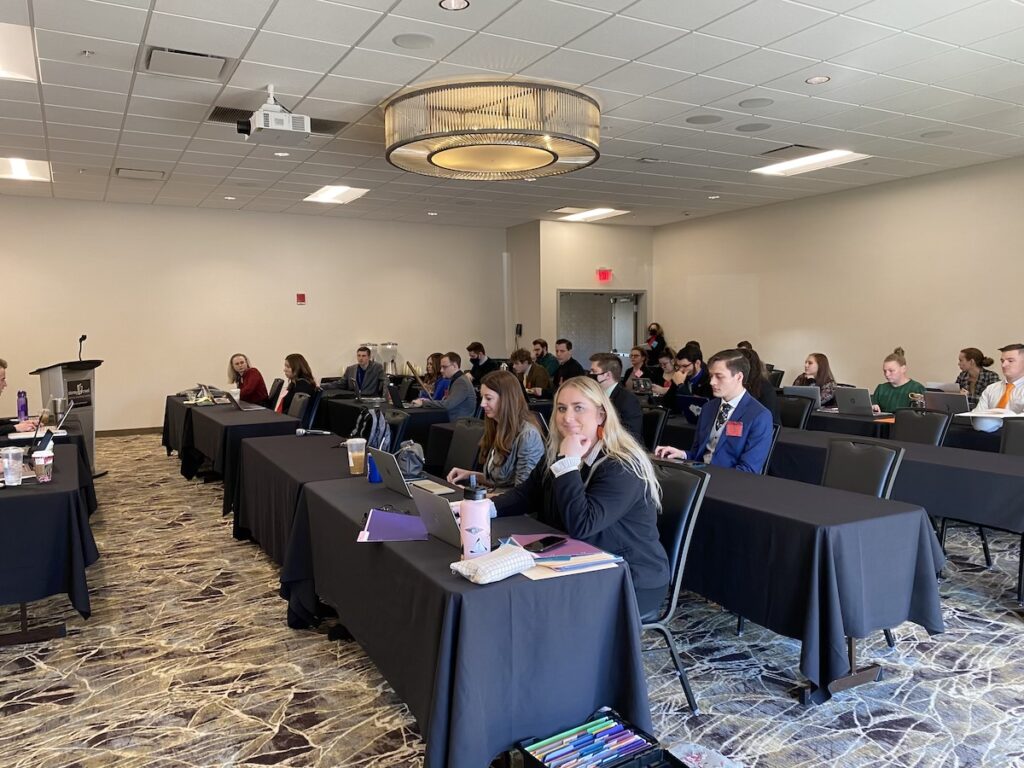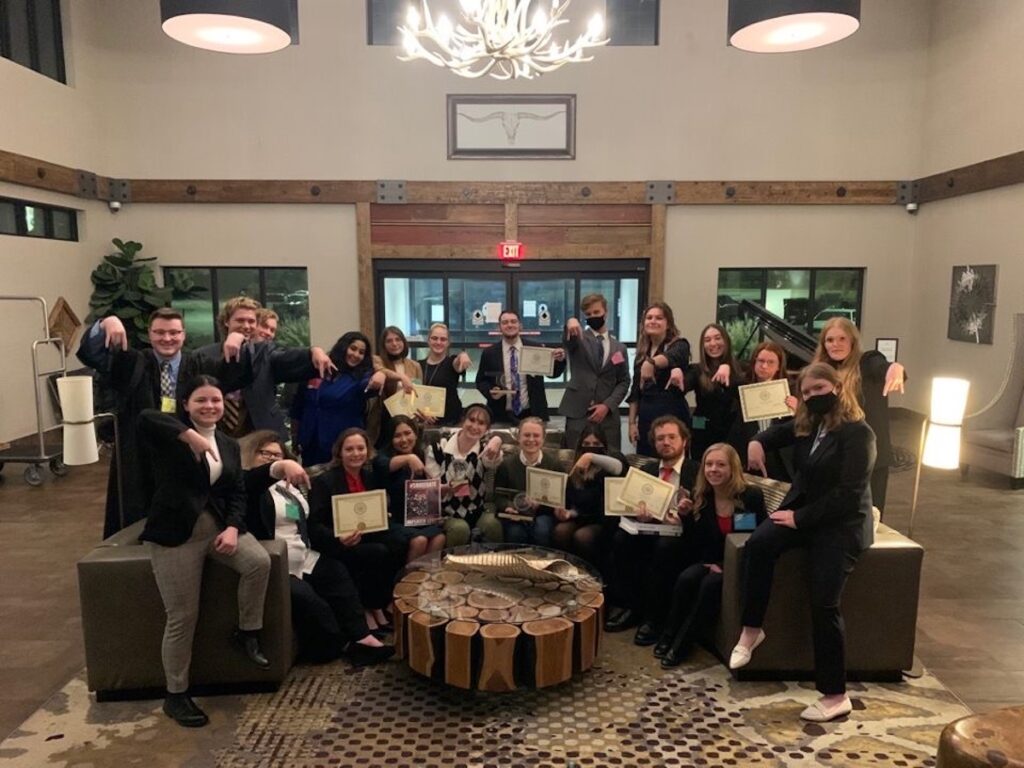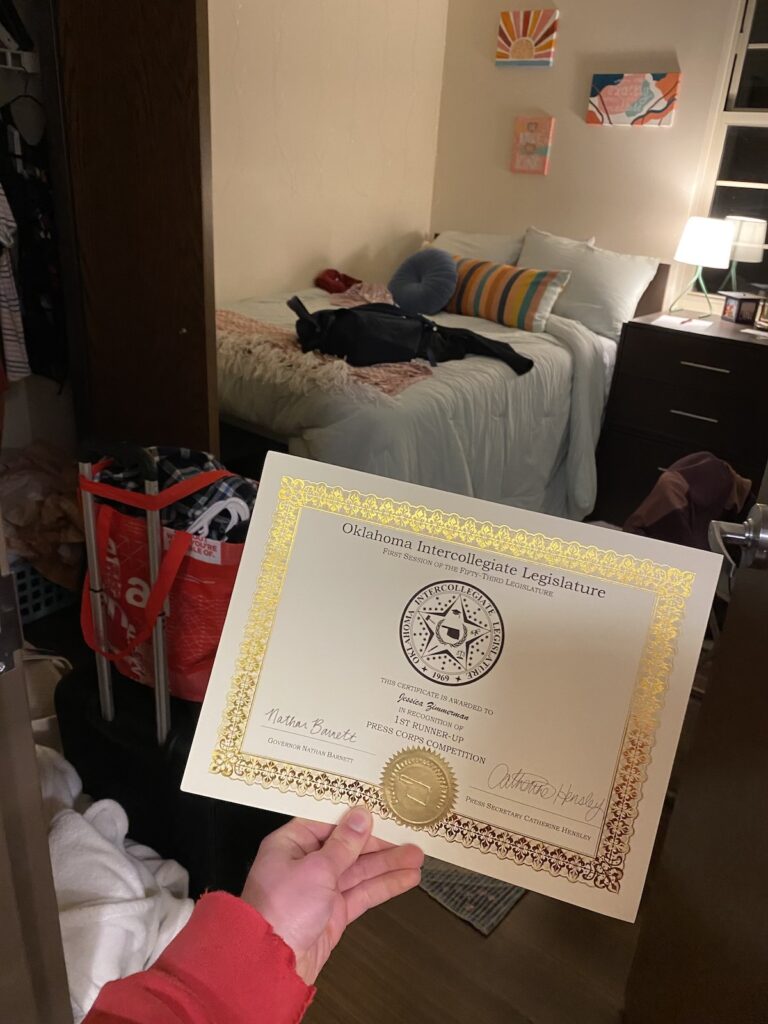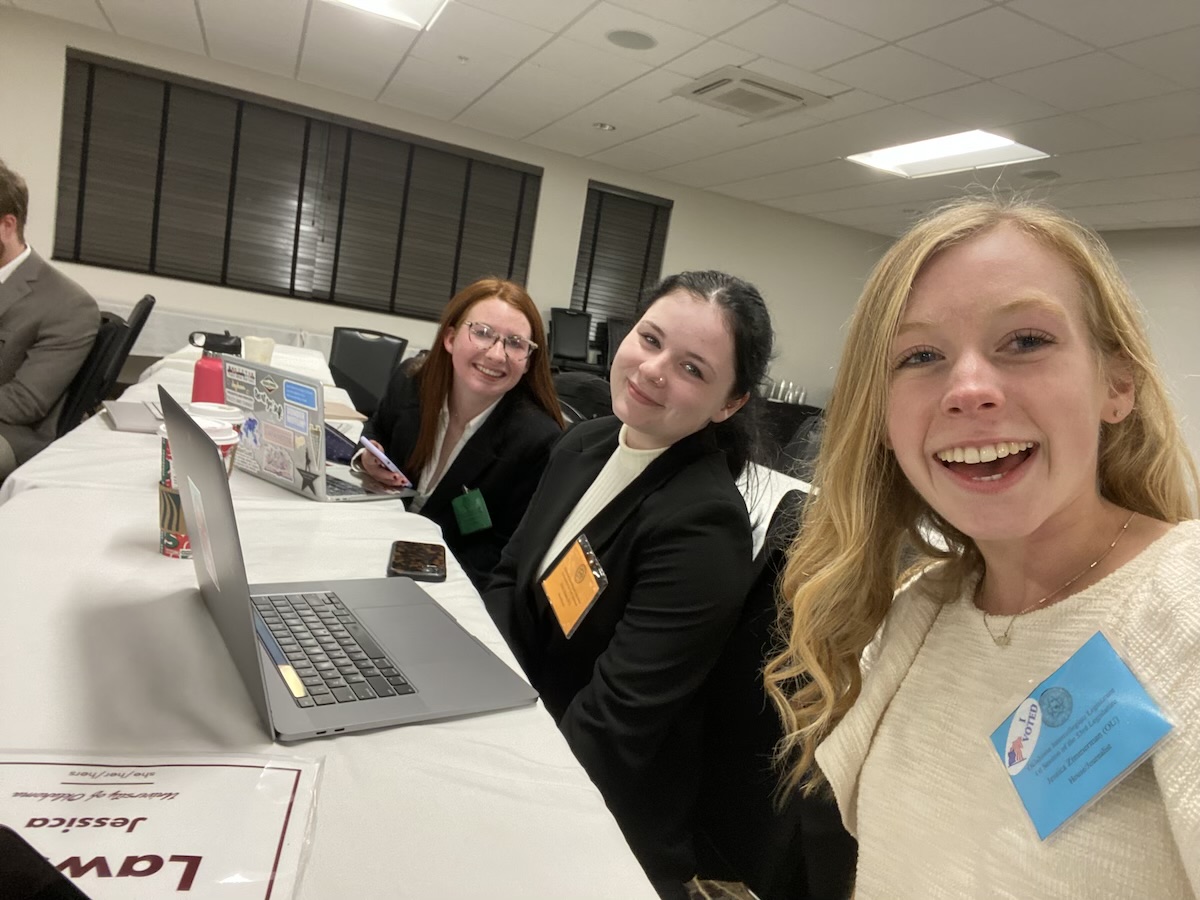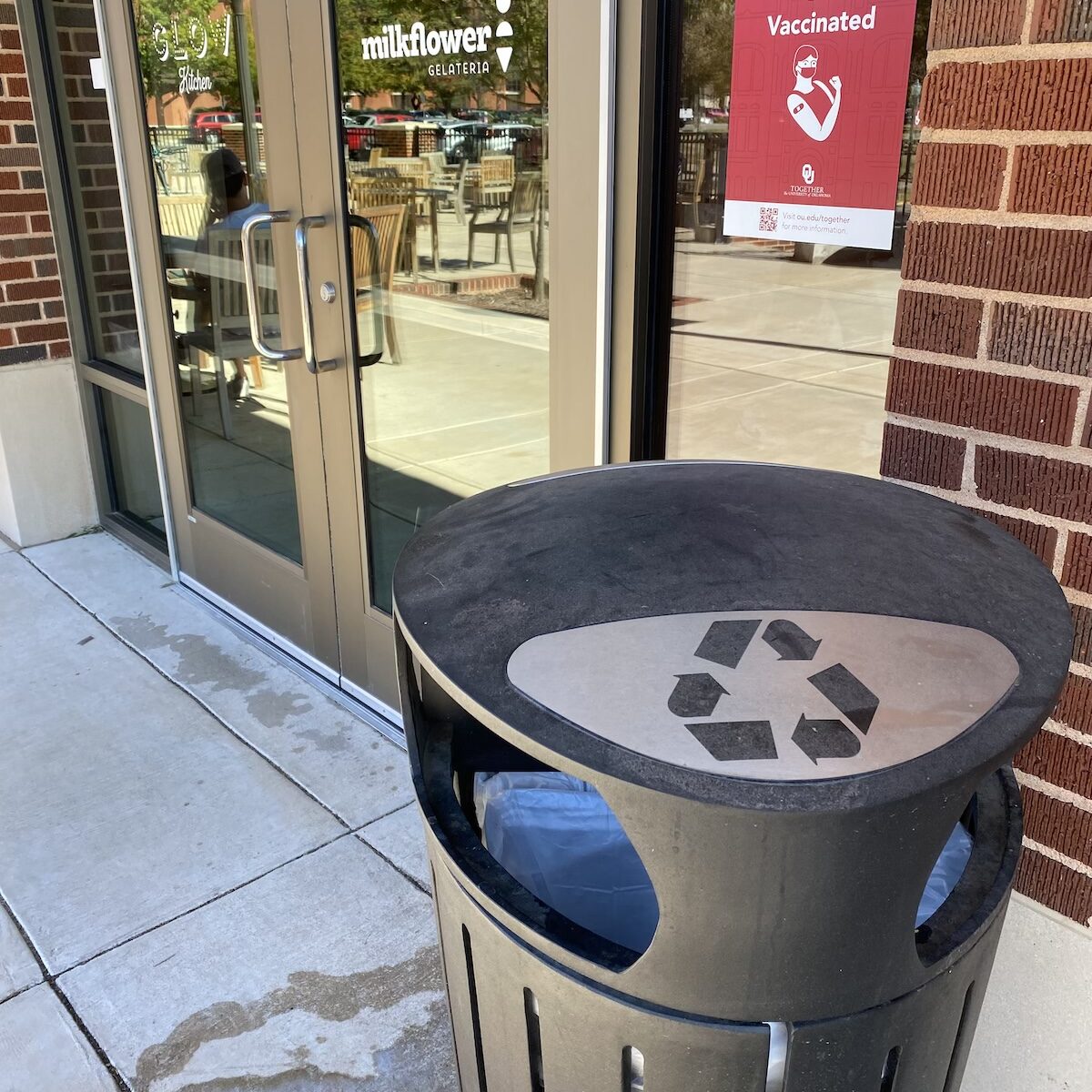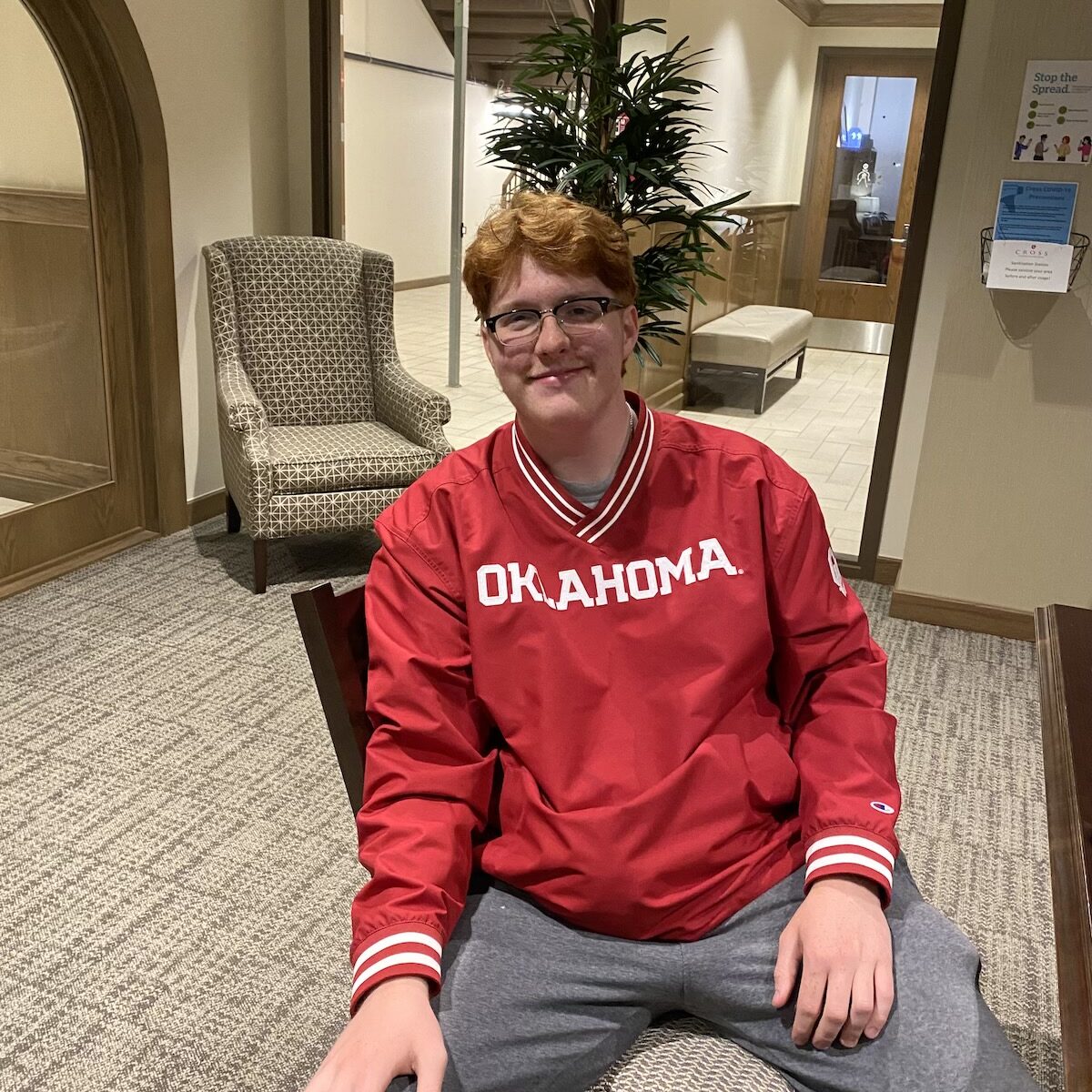The first amendment is widely recognizable. It contains the rights that define our freedom as Americans. People take great pride in the freedoms guaranteed by this amendment. Over the break, I interviewed friends and family about their views of the specific freedoms guaranteed by this amendment.
“I think those are guaranteed human rights,” my friend Rylie Jo McDonald said. Then she corrected herself: “nothing is guaranteed, but [these are] rights that every human should be given.”
Rylie, a high school senior, recognized these freedoms as the first amendment.
My cousin, Emery Hassebroek, is a few years younger. As an eighth-grader, she just learned about the constitution at school.
“Those are rights that everyone should have, and some of those are also in the constitution.”
When I asked her if she thought any of the freedoms went too far, she expressed the limitations and the importance of freedom, especially free speech.
“I don’t think you should be able to say, like, whatever you want cause some of those things might be bad. There’s things causing harm to people and stuff causing a lot of fear…but I do agree they should have the right to be able to talk.”
My aunt, Paige Larson, a member of an older generation, had a similar response.
Her simple answer was yes, these freedoms are good. However, she recognized nuances of different situations.
“It’s kind of hard to know exactly…there’s none of those that I disagree with at face value without knowing more about the details. Anything can be distorted or twisted.”
These issues that my family members pointed out are the reasons the country has had supreme court cases specifying the limitations of the freedoms established in the first amendment.
My mom, Lizzie Zimmerman, also recognized the amendment and supported the freedoms it provides.
“Yes, I would agree with those things,” she said. “I think everyone should be able to voice their opinion without repercussions…is this a real law or are we talking about, or the first amendment?”
Another peer, my cousin Evie Larson, also agreed with the freedoms.
“It’s America; you can’t have too much freedom. It’s what we live off of…I have always followed this law. No one is stopping me from saying what I want.”
She did, however, recognize questions about these freedoms in regard to the internet.
While there were different levels of confidence in recognizing the first amendment, everyone I interviewed was familiar with it and in favor of it, regardless of age.
As Americans who have grown up with a reverence for these freedoms, my interviewees were quick to point out their value. This pattern shows that these rights are not something people take lightly. I was impressed with the thought put into the responses, especially in regards to the limitations of these freedoms. This thoughtfulness shows true respect for freedom and the issues that must be recognized in order to uphold it.
In a recent national survey of views on the first amendment, some similar recognition of the need for limitations was expressed, though in general, there was increased support of the amendment.
In summation, these responses show the power of the freedoms in the first amendment, as well as the importance of wielding this power responsibly.



